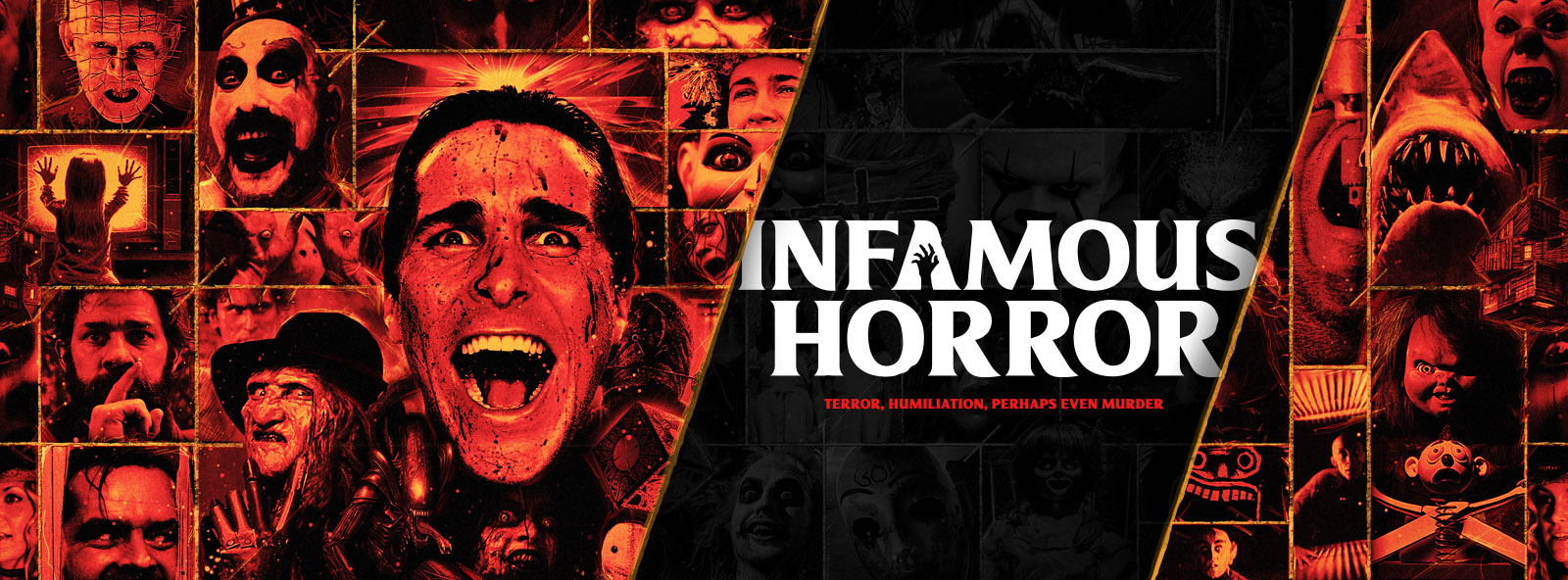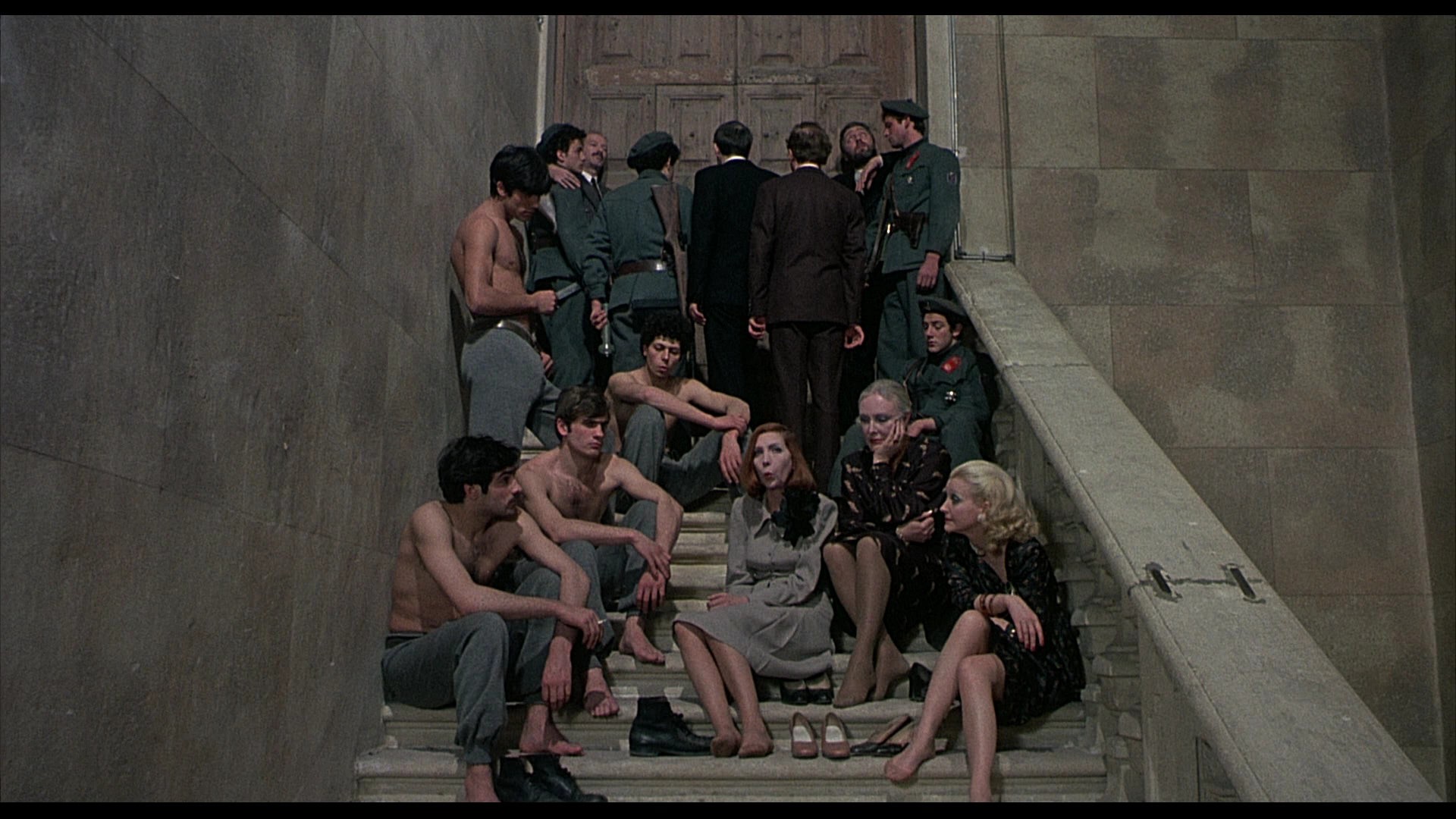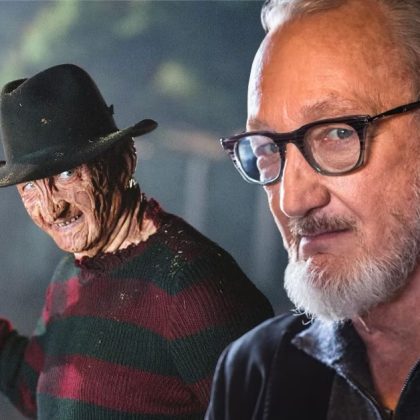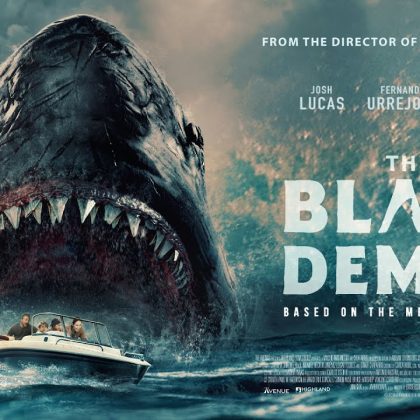While art thrives on freedom of speech — allowing us to push boundaries and unveil untold truths through unique perspectives, determining how far the boundaries can be pushed in film depends entirely on censorship regulations in each country. While the United States and United Kingdom embraces a more liberal approach to cinema, other nations can hold meticulous rules around safeguarding their audiences.
Movies can be banned in varying ways including importation restrictions, refused certifications, and even when owning or distributing them is a criminal act. Let’s take a look at some of the movies that are or were banned for their disturbing content.
The Exorcist (1973)
To no one’s surprise at the time of its release, this classic horror film was banned in several countries upon its release due to its graphic and disturbing content concerning demonic possessions and explicit scenes of violence and blasphemy. Looking back at it now fifty years later, its campy horror is considered tame by many horror enthusiasts.
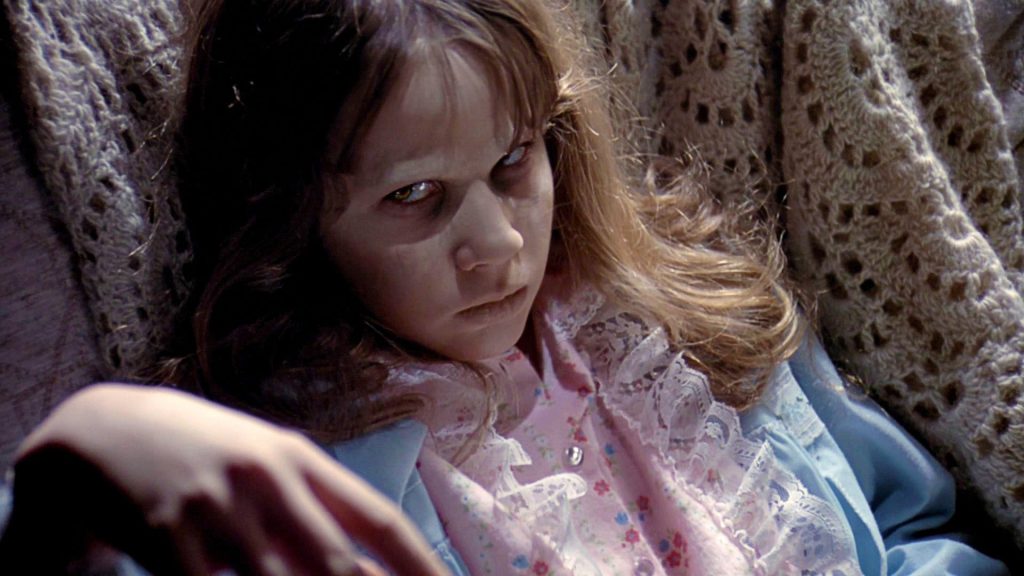
Cannibal Holocaust (1980)
This controversial Italian film was banned in several countries due to its extremely graphic and realistic scenes of violence, including genuine onscreen animal cruelty. The film was so realistic that director Ruggero Deodato faced legal charges as viewers truly believed the actors were killed-off during filming. The ban was primarily due to its extreme content surrounding sexual violence and ethical concerns.
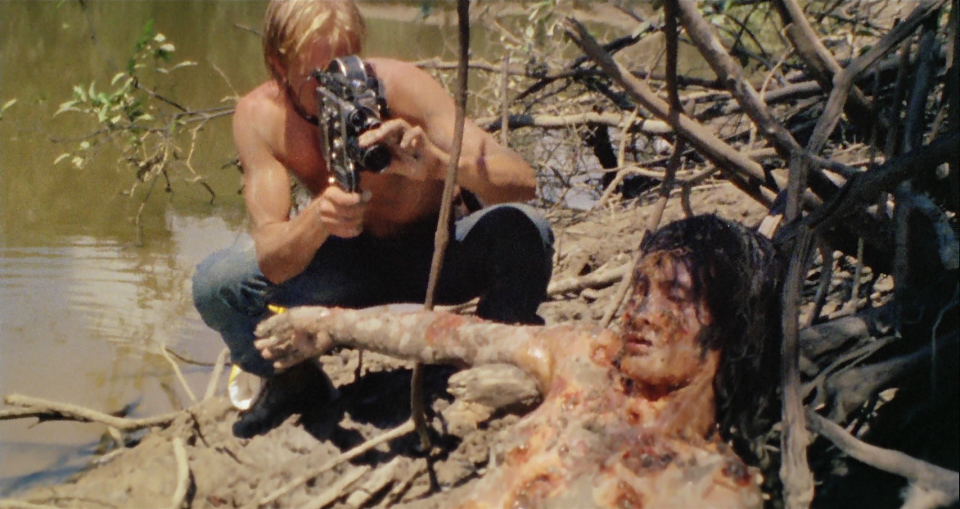
A Serbian Film (2010)
This Serbian horror film became infamous in the horror community after its release in 2010. It sparked significant controversy and was banned in several countries for its extreme and explicit content. It includes scenes of graphic gory violence, intense sexual violence, and paedophilia. The movie’s depiction of taboo subjects and its overall disturbing nature led to its ban in several nations. Direct Srdjan Spasojevic has stated he made the movie to fight back against the political and social climate in Serbia.

The Human Centipede 2: Full Sequence (2011)
From the iconic horror anthology, its sequel is what attracted so much attention to the franchise. It was banned in the UK for its extreme and disgusting violence, sexual violence, and horrific degradation. The British Board of Film Classification (BBFC) argued that the film’s focus on graphic and dehumanising content was far too obscene for public viewing. However, when cuts were made to the original release, the ban was eventually lifted.
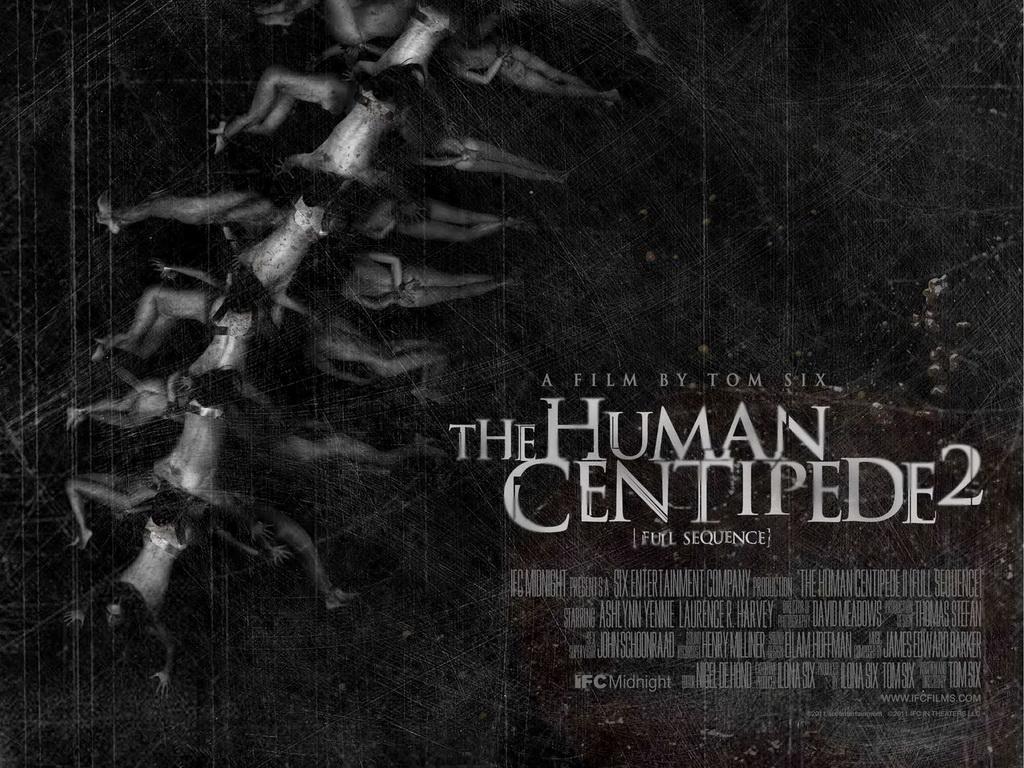
Grotesque (2009)
This Japanese horror film was banned in the UK due to its extreme and prolonged scenes of sadistic torture and sexual violence. The BBFC rejected it for release, citing a lack of artistic merit and concern that the film’s sole purpose was to provide “sexual arousal from the infliction of pain.” If you’ve watched it, then you’ll understand why this assumption was made. It’s a gnarly watch.
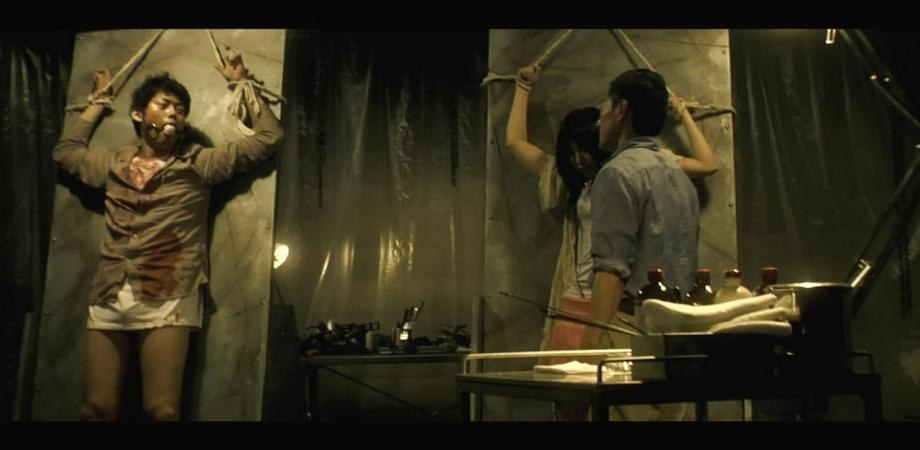
The Texas Chain Saw Massacre (1974)
This iconic slasher movie faced bans in several countries due to its intense and brutal depiction of violence, particularly with the use of chainsaws (duh). The movie’s realistic and relentless portrayal of murder and mayhem led to restrictions on its release in multiple countries. But much like ‘The Exorcist’, we look back fondly on this movie and its now somewhat goofy gore and cinematography.
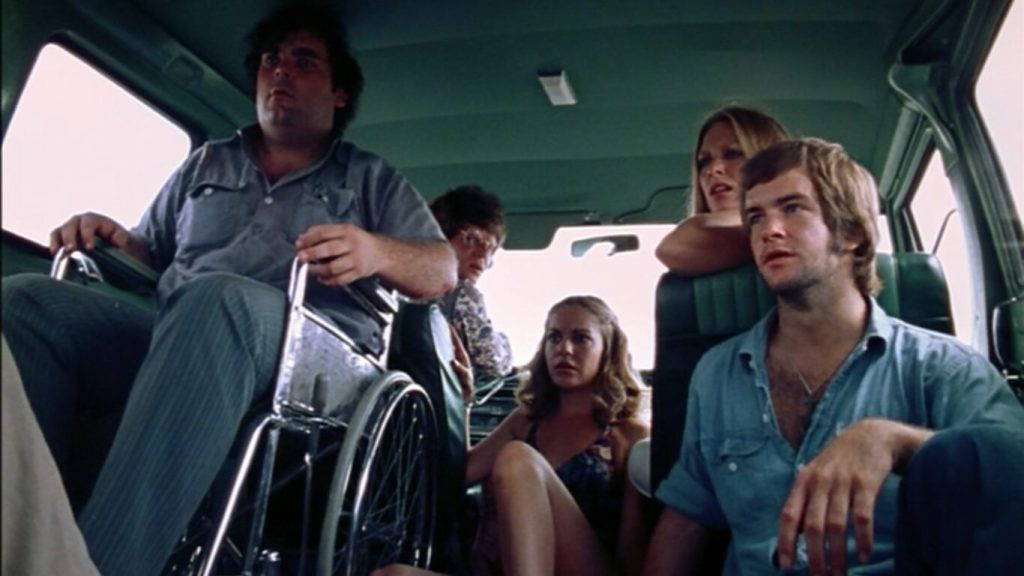
I Spit on Your Grave (1978)
Also known as “Day of the Woman,” this highly controversial rape-revenge horror film was banned in several countries due to its extremely graphic and prolonged scenes of sexual violence. The movie’s explicit content and controversial subject matter sparked significant debates and led to its ban. This was one of the first disturbing horrors I ever watched – igniting my love for the subgenre.
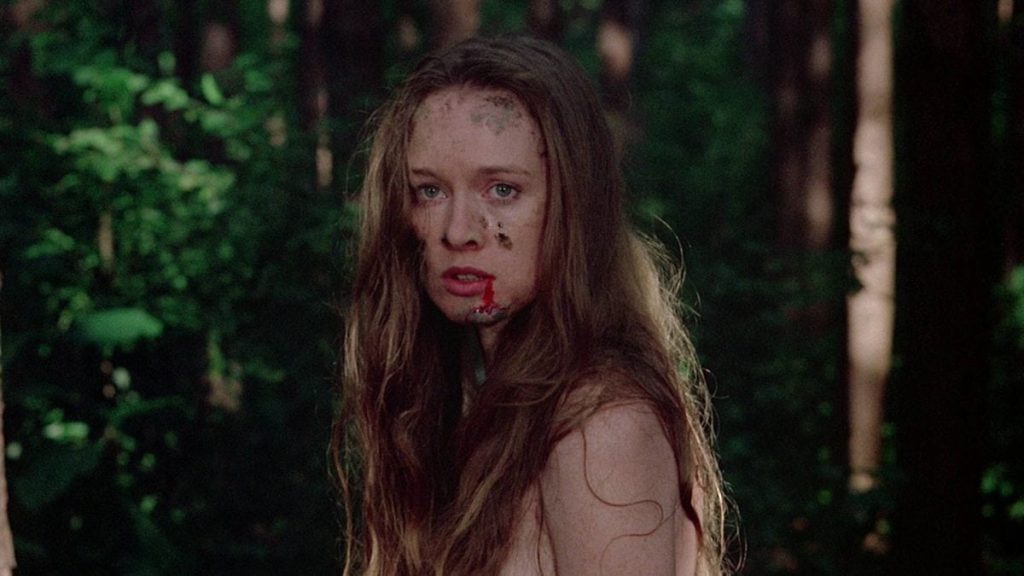
The Last House on the Left (1972)
Directed by Wes Craven, this film faced bans in multiple countries for its graphic scenes of rape, torture, and murder. The intense and disturbing nature of the film led to its censorship in various regions. It’s now a cult classic as it triggered a large release of more graphic and violent horrors. And it certainly set the bar high for its time.
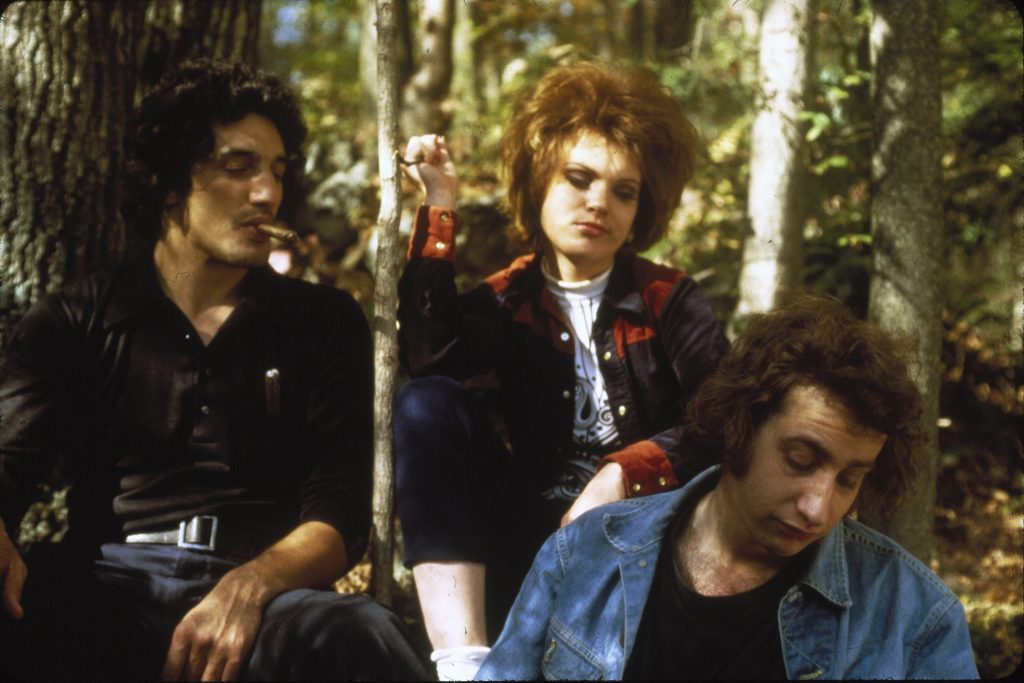
Salo, or the 120 Days of Sodom (1975)
This infamous Italian-French horror film, directed by Pier Paolo Pasolini, was banned in several countries due to its explicit and extreme depictions of sexual violence, torture, and degradation of underage individuals. The film is so notorious for its controversial and disturbing content that it supposedly lead to the assassination of Pasolini in the same year of its release.
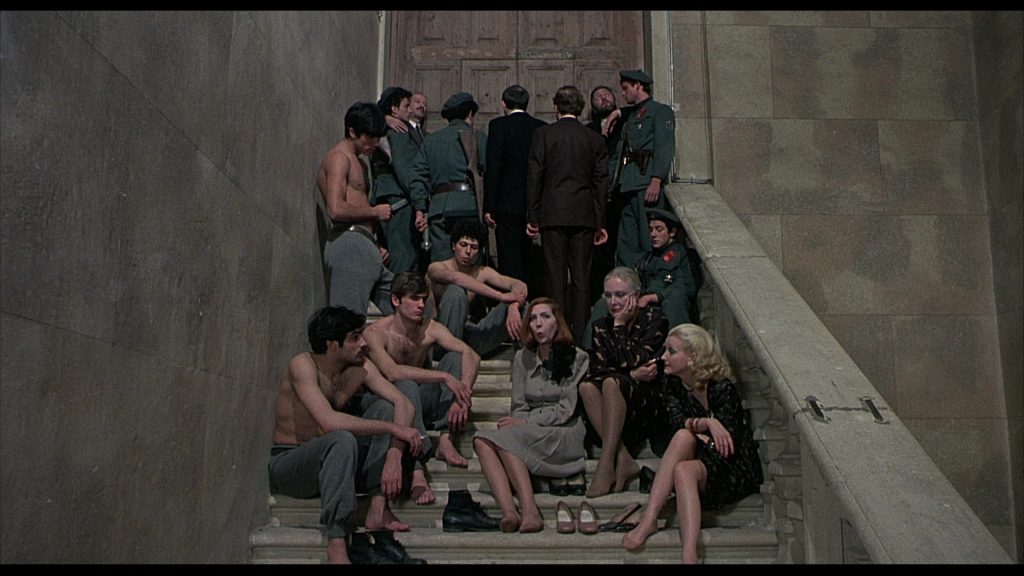
Hostel (2005)
Directed by accomplished horror director Eli Roth, this torture-themed horror film faced bans in several countries for its explicit and sadistic content. The movie follows the abduction and torture of tourists in Amsterdam by a secret organisation, leading to its censorship in certain regions. However, it is now a highly popular film in the subgenre of disturbing cinema with one particular scene concerning an achilleas heal making audiences squirm.
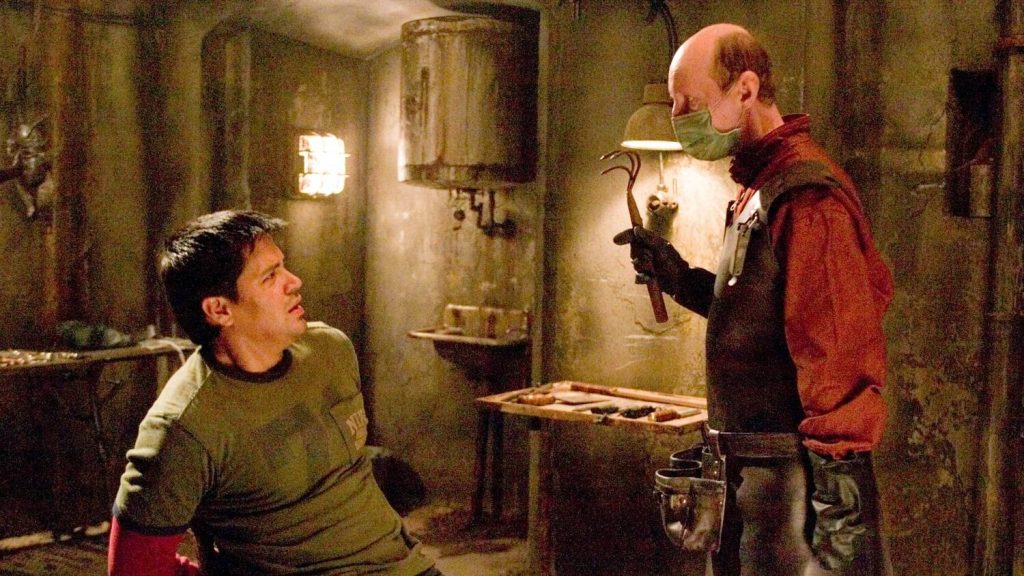
Faces of Death (1978)
This cult series is often marketed with claims that it was “banned in 46 countries.” However, in reality, only a few countries imposed formal restrictions on the movie’s release due to its graphic content and glorification of violence. Among the countries that banned it were Australia, Norway, Finland, New Zealand, and the United Kingdom. These nations took action against the film, citing concerns over its excessive gore and potential impact on promoting violence. The reason being that this movie used pre-existing footage of genuine deaths and the aftermath of death. While it initially received negative reviews, it gained a cult following.
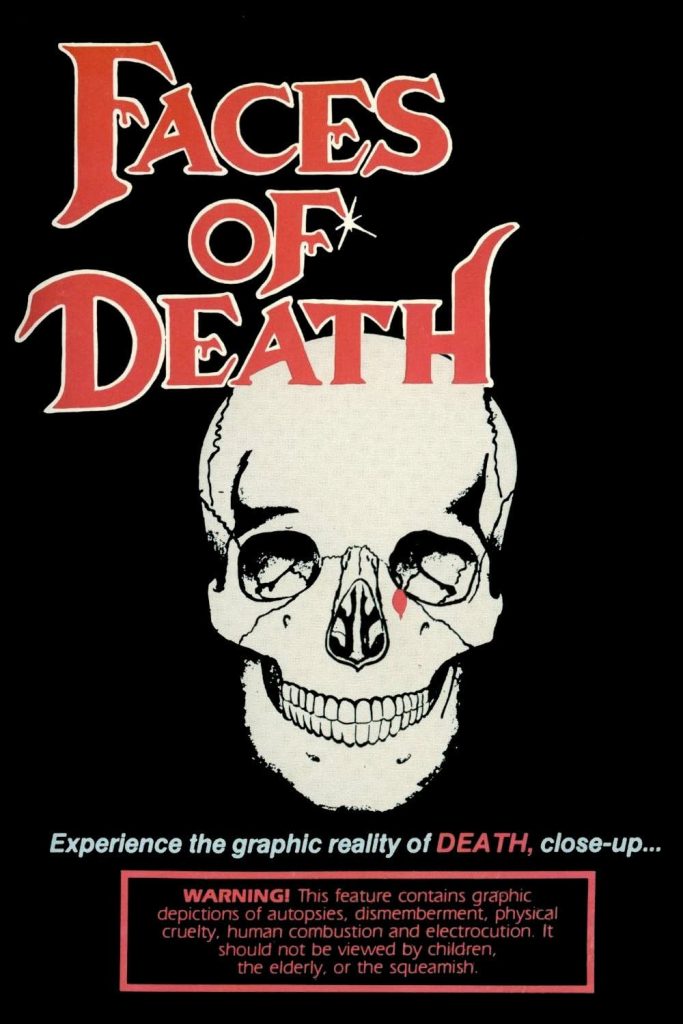
Martyrs (2008)
This notorious French-Canadian horror film faced bans in several countries due to its extreme and brutal depictions of violence, torture, and psychological torment. The movie explores themes of suffering, martyrdom, and the pursuit of transcendence through pain, leading to its censorship in various nations. One scene in particular scene depicts the graphic flaying of a live woman; and extremely hard watch that sticks with viewers.
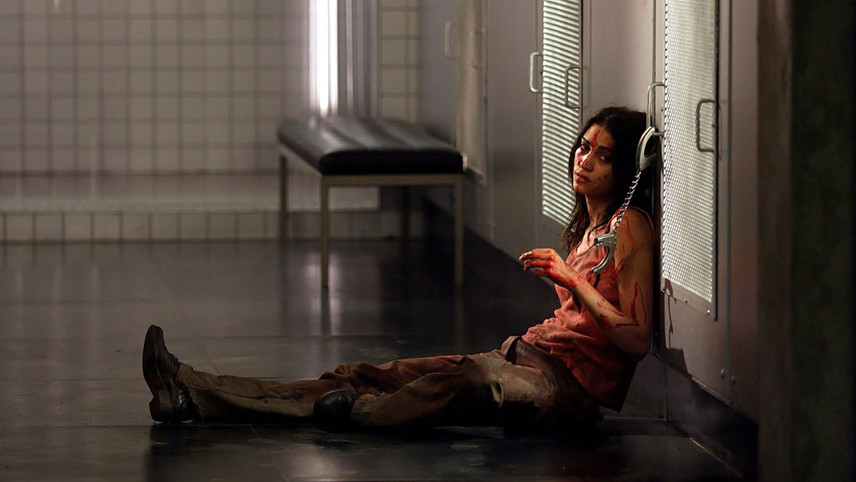
Honourable mentions:
- Nekromantik (1988)
- Inside (2007)
- Atroz (2015)
- Ichi the Killer (2001)
- The Bunny Game (2011)
- August Underground (2001)
- Megan is Missing (2011)

